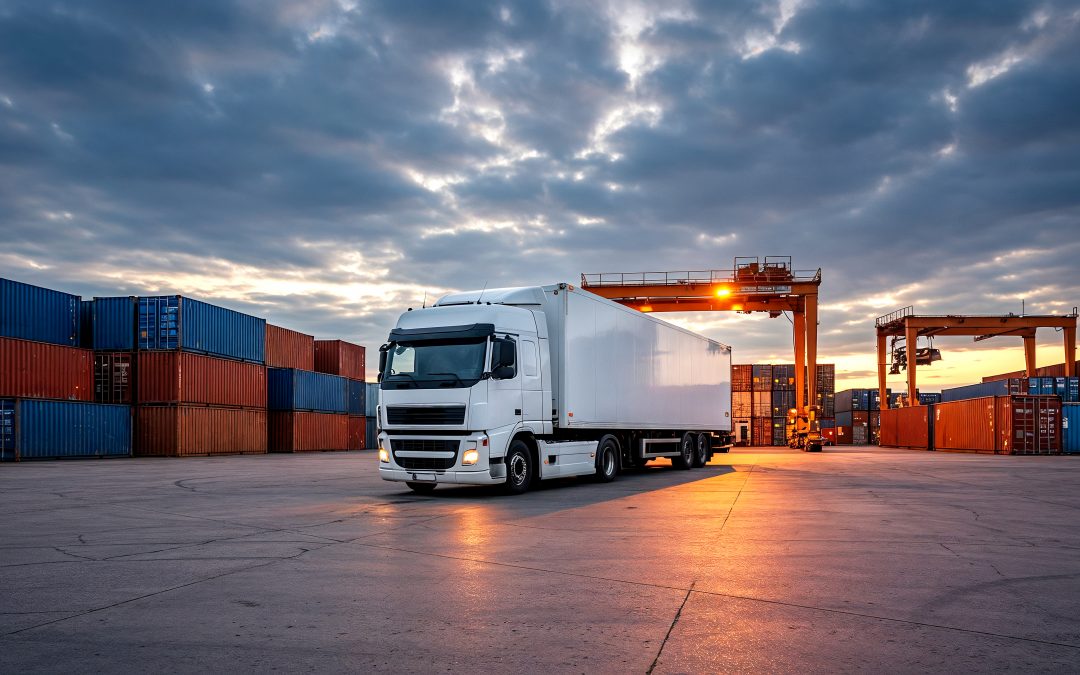The road transport industry is undergoing a major transformation. Smart logistics innovations are reshaping how companies plan, manage, and execute their operations. At Subitur, we closely follow this evolution because we know technology is the key to providing faster, more efficient, and sustainable transport services.
One of the most significant trends is artificial intelligence applied to logistics. Through predictive analytics, systems can anticipate demand, plan optimal routes, adjust delivery times, and reduce empty trips. This enhances operational efficiency and allows decisions to be based on real data rather than assumptions.
Another groundbreaking innovation is digital twins—virtual replicas of fleets or logistics networks that simulate scenarios and detect problems before they occur. With this technology, companies can test new routes, estimate costs, or assess the impact of strategic decisions without interrupting real operations.
IoT sensors (Internet of Things) are also transforming traceability. They enable real-time monitoring of temperature, location, vibration, or vehicle condition, ensuring total control of goods and greater transport safety.
The automation of logistics processes, from warehouse management to vehicle assignment, reduces errors and frees up time for higher-value tasks. At the same time, digital tools enhance communication across departments and improve coordination with customers and suppliers.
The challenge is not only technological but also human. Adopting these innovations requires training, investment, and a mindset open to change. At Subitur, we combine the experience of our professionals with cutting-edge tools to stay ahead in a constantly evolving sector.
The future of transport lies in digitalization, sustainability, and operational intelligence. Companies that embrace this transformation early will lead the way toward a smarter, more efficient, and more responsible logistics industry.

